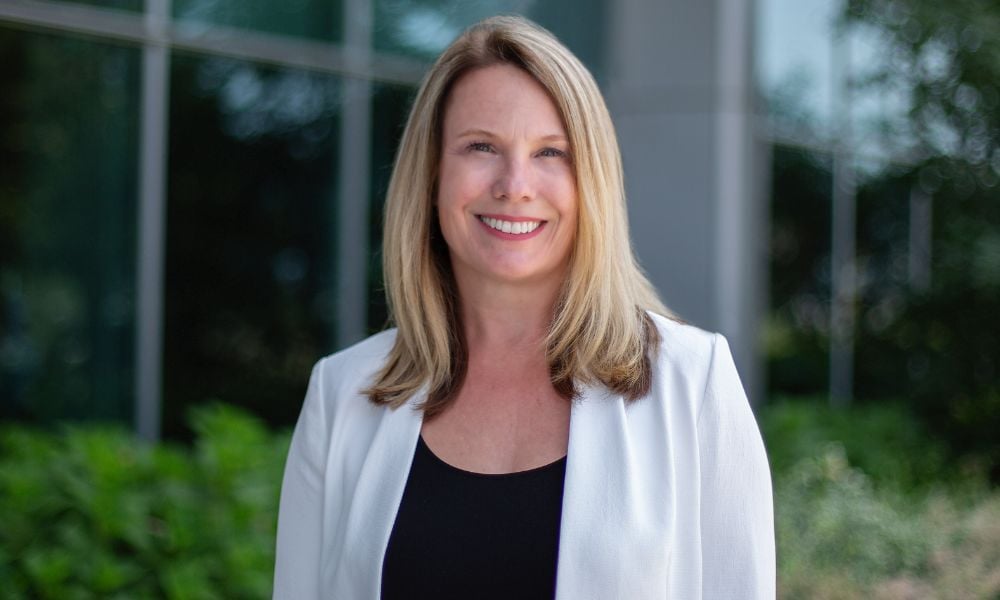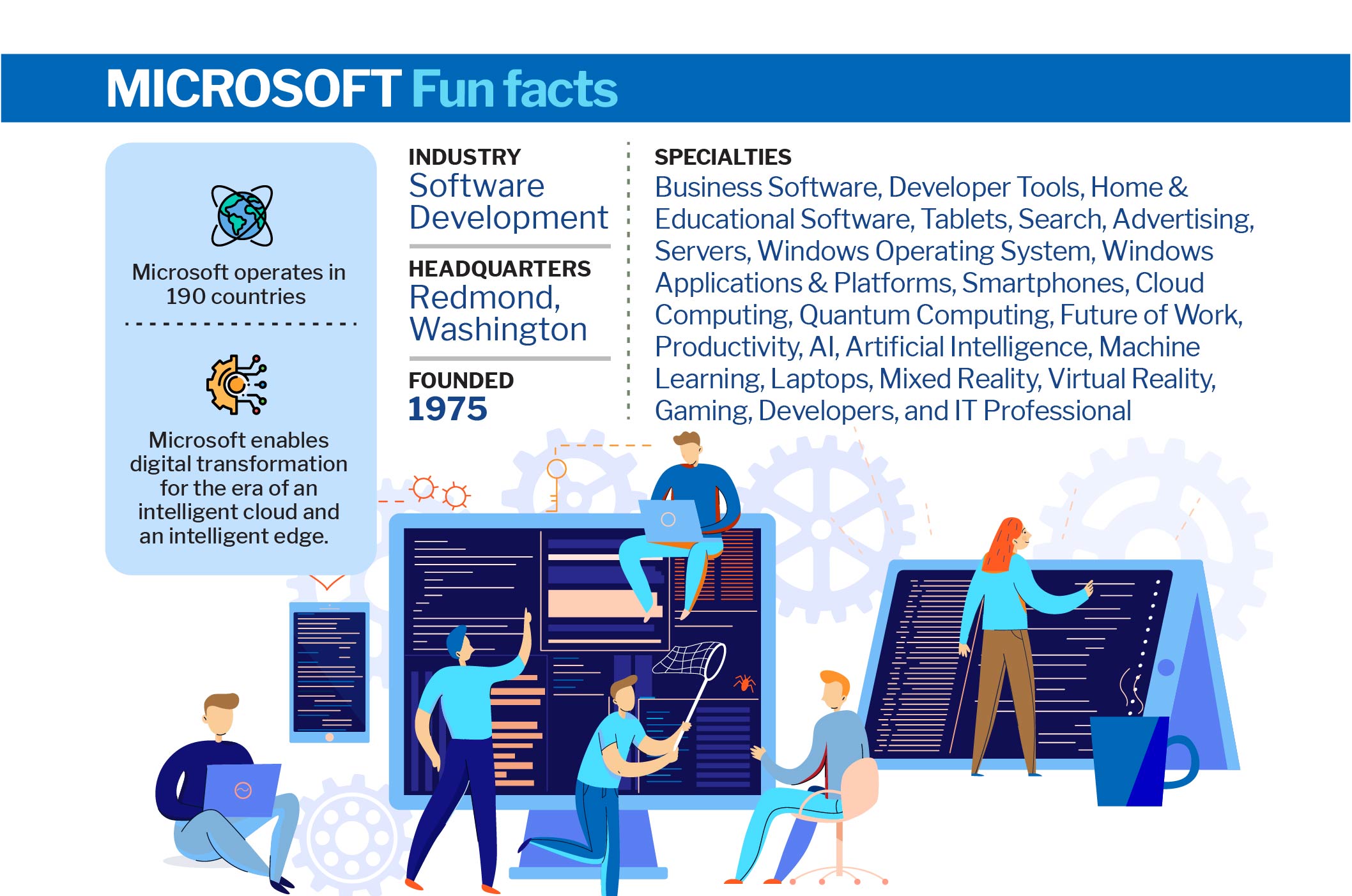
Carolyn Byer sits down with HRD to talk post-pandemic planning and the new 'worth it' equation

At Microsoft Canada, diversity and inclusion is in their DNA. Speaking to Carolyn Byer, Head of HR for Canada at the tech giant, she tells HRD that their commitment isn’t just theoretical – it’s built into all aspects of the employee lifecycle.
“We dedicate a lot of time weaving DEI into everything we do,” says Byer. “And we truly believe that this is how we spark the innovation necessary to drive results at Microsoft. When employees’ lived experience is positive, everything else just gets better, including our customer experience and our product innovation. [From] early on, Microsoft has been very, very focused on policy and advocacy.
“And although, like a lot of organizations, we wish we were further along that continuum - we have invested in diversity and inclusion, making it a part of who we are as an organization.”
At Microsoft, they have annual diversity and inclusion performance and development goals that help create shared responsibility for building a diverse and inclusive culture, says Byer, who will be speaking at HRD’s upcoming Wellness Summit Canada.
“One way we support employees in meeting their diversity goals is by investing heavily in unconscious bias training because we know, as human beings, we all have biases,” says Byer. “It is crucial that we really challenge the assumptions we hold and create a safe space for employees to explore that through ongoing learning and awareness.”
Unconscious bias has long been an area of focus for HR. Even with the advent of AI, as a tool inherently designed by humans, tech too can run the risk of bias. For human-to-human training, bias training is an absolute must in 2024. According to data from Deloitte, 60% of employees report witnessing an instance of bias in their organization, with 39% experiencing bias at least once a month.
“Our mission is to empower every person and every organization on the planet to achieve more,” adds Byer. And this mission extends beyond internal policies. Their mission also drives their focus on creating accessible and inclusive technology and workspaces. The company’s Global Diversity and Inclusion report reflects their transparency, offering a candid view of their efforts and progress in D&I.
Central to Byer’s personal mission at Microsoft is to empower employees through employee wellness.
“The foundation of any HR policy should be that an employee's wellbeing is not extra, it's essential,” she tells HRD. “When we talk about wellbeing at Microsoft, we're not talking about just someone's emotional and physical wellbeing - it's also their financial wellbeing, your overall wellbeing. We want to support an employee’s growth to empower them to be the best version of themselves, from training to career development.”
But the past few years haven’t been plain sailing – not least thanks to the pandemic and its lingering aftereffects. Byer believes that COVID served to test and ultimately reinforce Microsoft’s already strong culture and HR strategy.
“We worked really quickly to do what was best for our employees,” says Byer. “Being agile and listening to employees was key to delivering policies and benefits that supported everyone through what was a very difficult time for many. All of this is connected back to culture - I really saw how the employee experience and culture go hand in hand.”
Now, in the post-pandemic era, Byer says that their culture is more prominent and defined than ever before.
“What employees are looking for, what that new ‘worth it’ equation is, is a really high expectation around meaningful work, strong management, a positive workplace, trust in the organization's health, growth and opportunity.”
And while the pandemic is on the backburner now, there’s no denying we’re all still reeling from the aftershock. COVID was as disruptive as it was transformative – propelling new ways of working into reality, not least remote and hybrid models. Discussing that all-important shift, Byer acknowledged both challenges and opportunities.
“We established a hybrid work model very early on at Microsoft,” she tells HRD. “When we embraced the hybrid model, we grounded ourselves on three principles: culture, a growth mindset and employee wellness. What’s key to culture for us is the idea that in-person connections still really matter. We benefit from coming together to iterate, to innovate, to celebrate moments that matter. Those moments that matter - when we bring people together - we also grounded ourselves on a growth mindset which is pivotal to the Microsoft culture.”

Coupled with this collaborative approach is a focus on flexibility. According to Byer, at Microsoft they recognize that an employee’s life comes first and foremost – so offering up flexible opportunities is key.
“We really do believe in a people-centric strategy - this belief that our success as an organization is based on our employees… Overall, we’re on a journey - we know we have a long way to go, but we're very optimistic about the progress we've made. For us it's important to stay humble - don't declare victory, but be consistent in in your approach and celebrate those milestones along the way.”
Byer will be speaking at HRD’s upcoming Wellness Summit – book your tickets here.